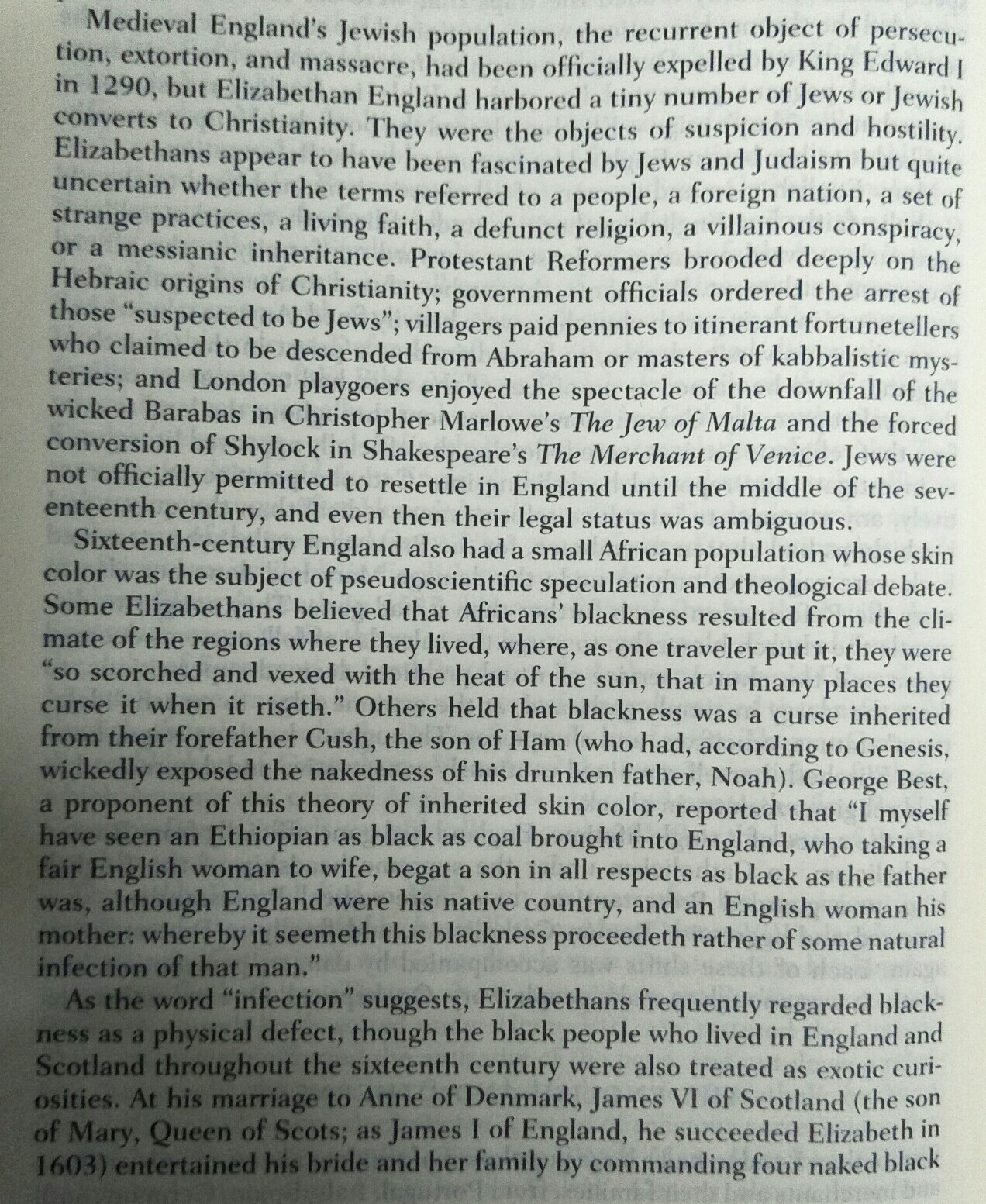List of The Theatres in London
Chronological List of Elizabethan, and Quasi-Elizabethan, Playhouses (1576 - 1663) The Theater. Unroofed theatre; situated in Moore-fields, Shoreditch; built by James Burbage, 1576; pulled down, 1598; authentic views, none. 1 The Curtain. Unroofed theatre; situated in Moore-fields, Shoreditch; built in 1576; pulled down c. 1630; last referred to in 1627; authentic views, none. Paul's. First roofed theatre; situated in the Choir Singing School, near the Convocation House (St. Paul's); built c. 1581; suppressed, 1590-6; last trace of, c. 1608; burnt down in Great Fire, 1666; authentic views, none. Newington Butts. Unroofed theatre; situated in Lambeth; built c. 1586; pulled down c. 1603; authentic views, none. The Rose. Small, unroofed theatre; situated on the Bankside in Southwark; built between 1587 and 1592; first referred to in 1592, last in 1603; authentic views: (Exterior) Norden's Map, 1593; Ryther's Map, 1604. The Swan. Unroofed theatre; situated in Paris Garden,...
